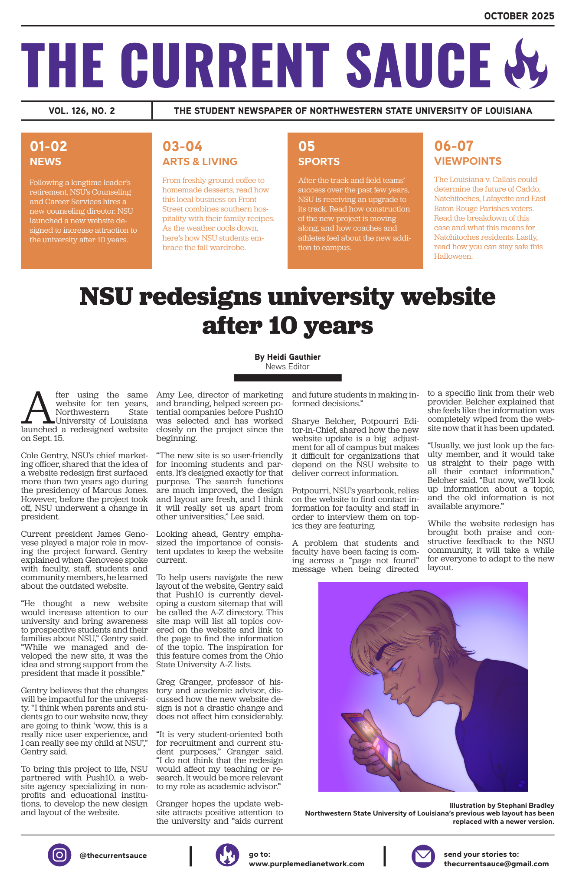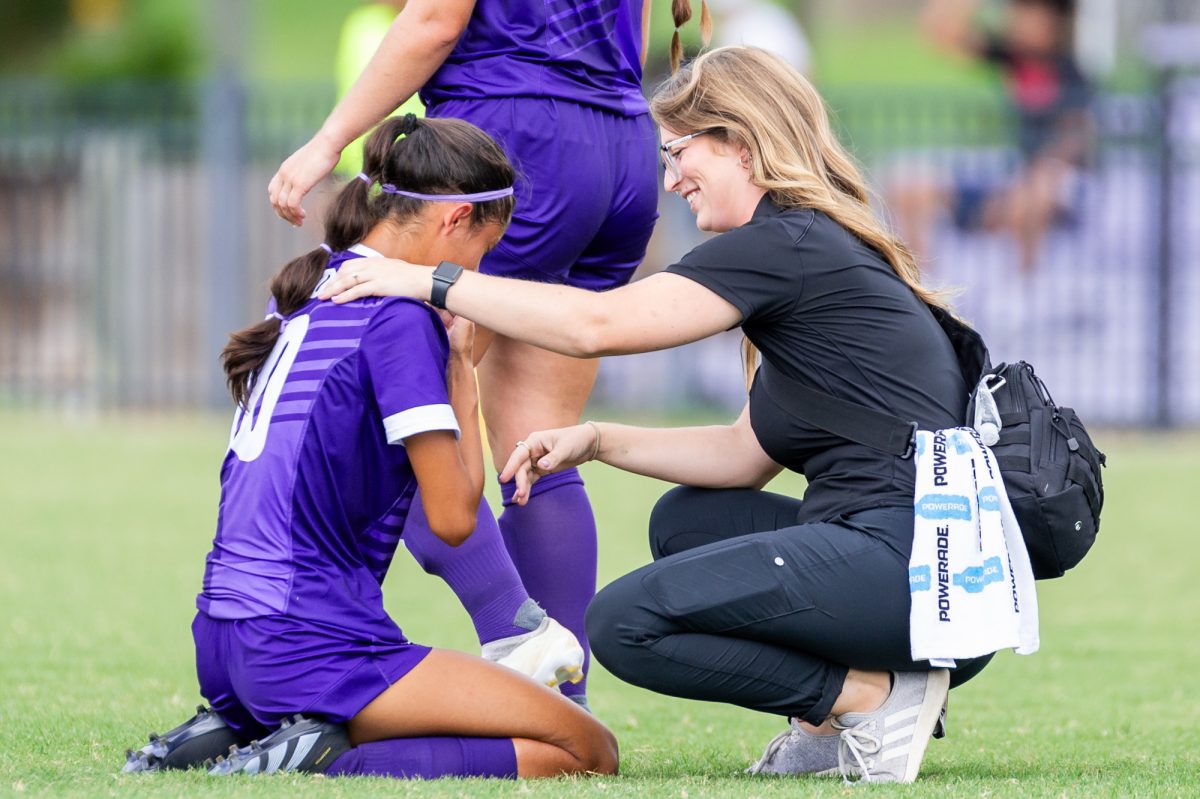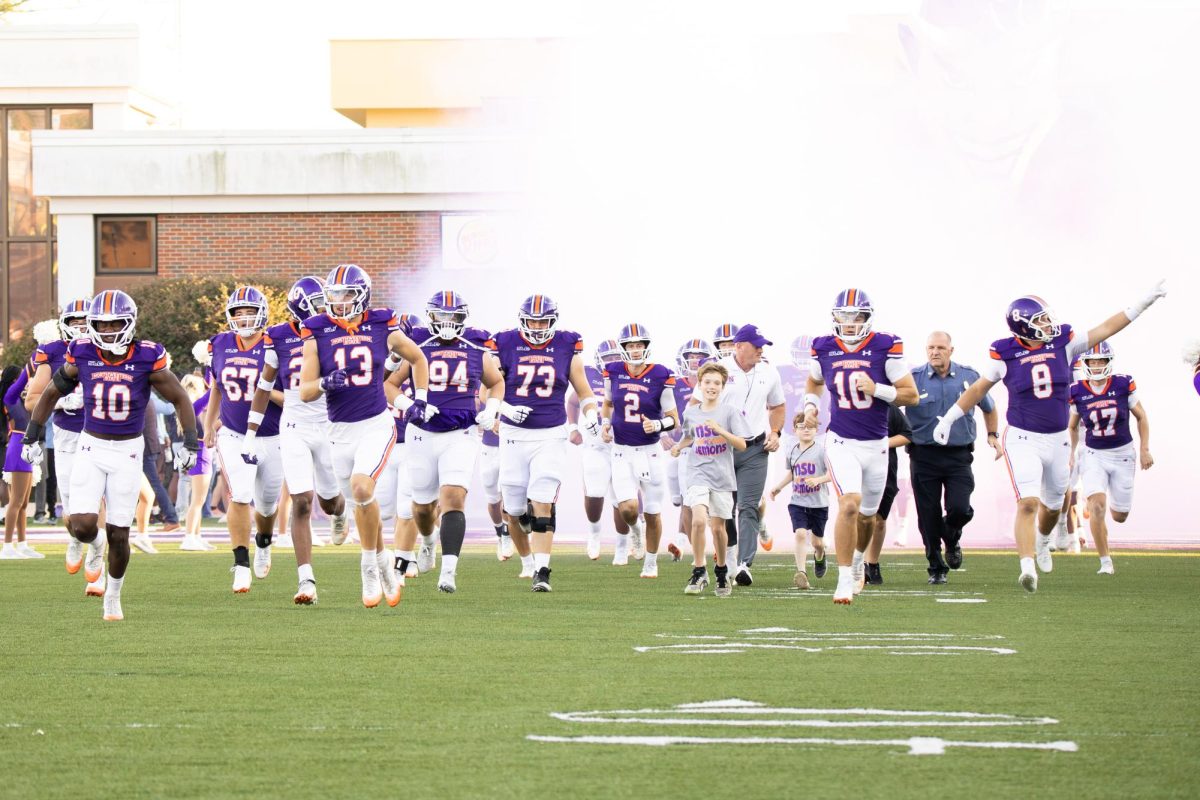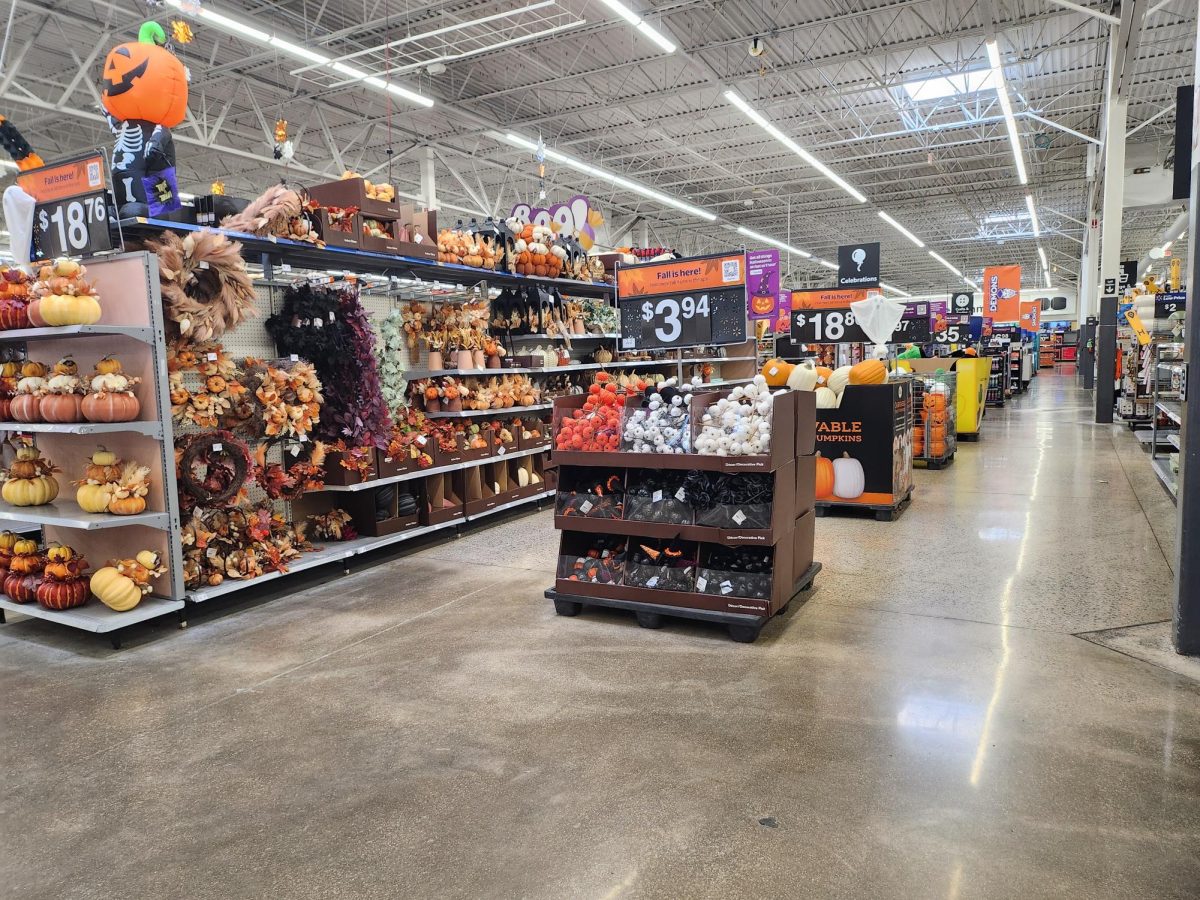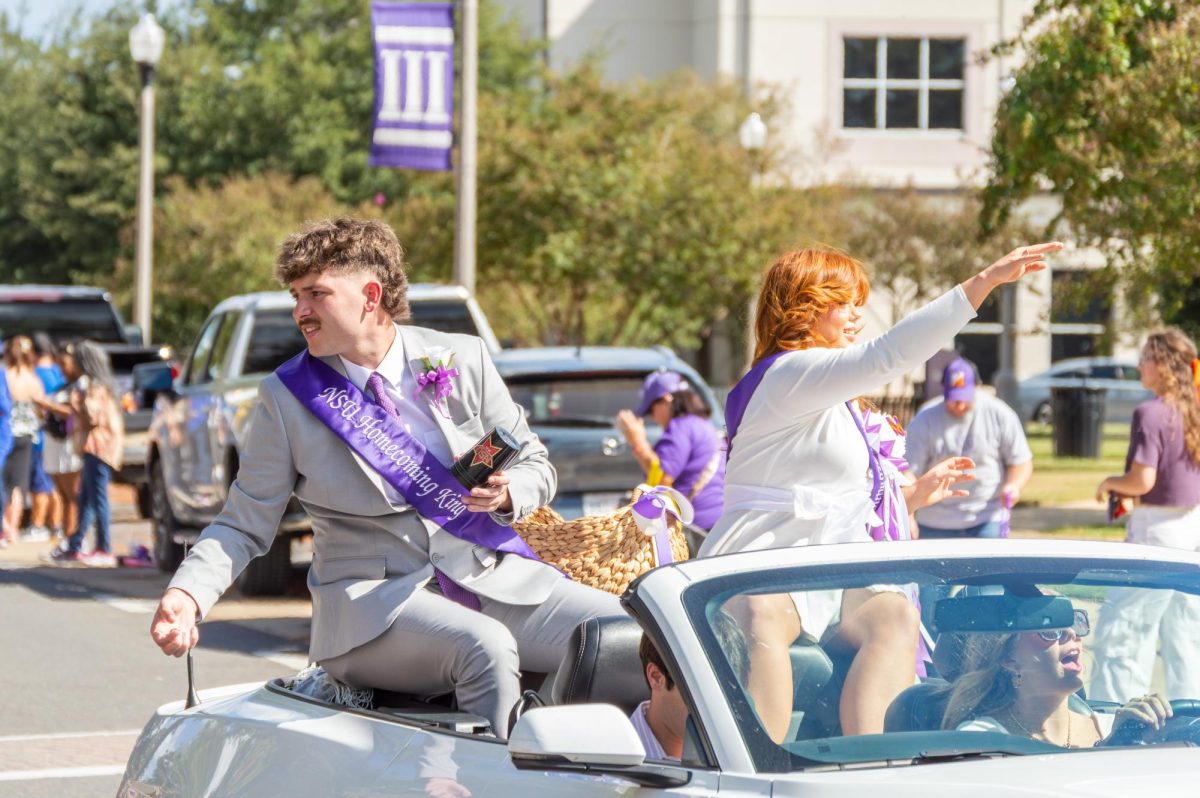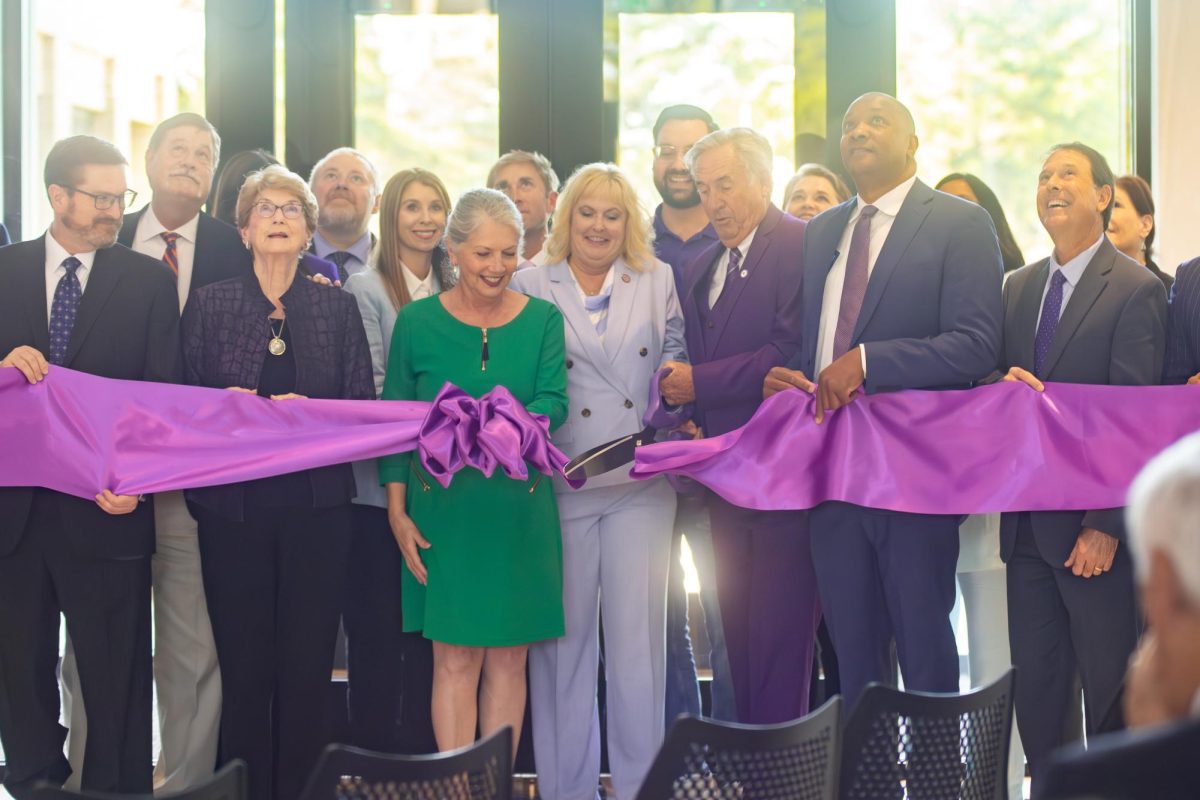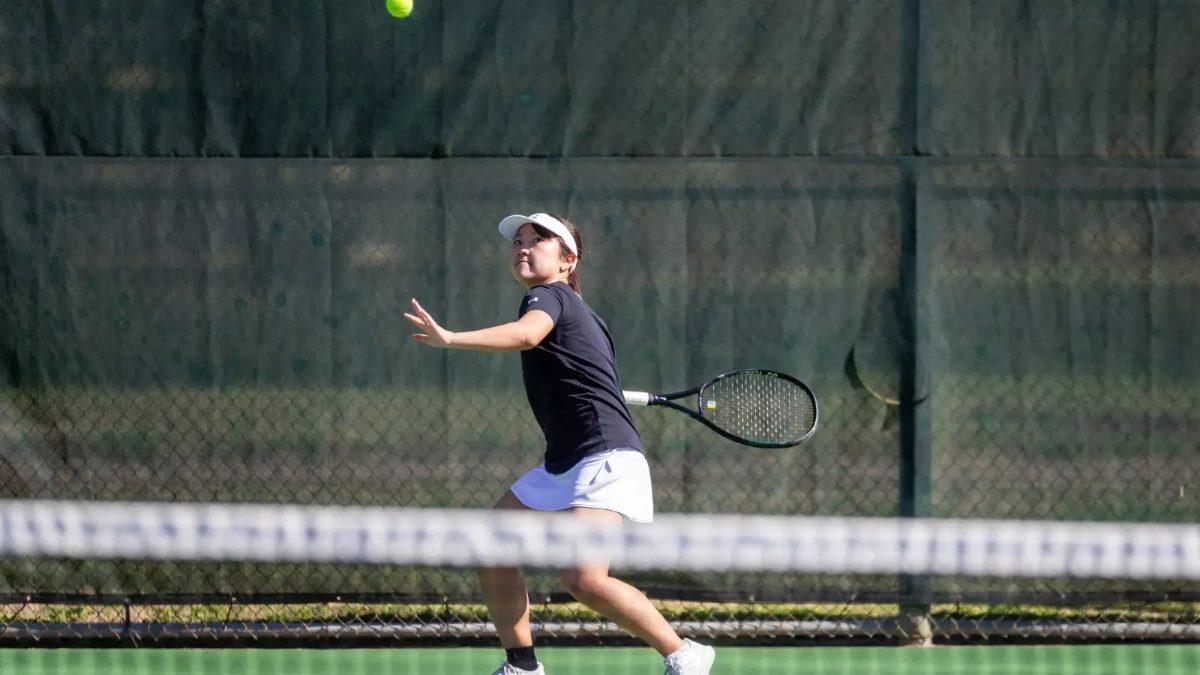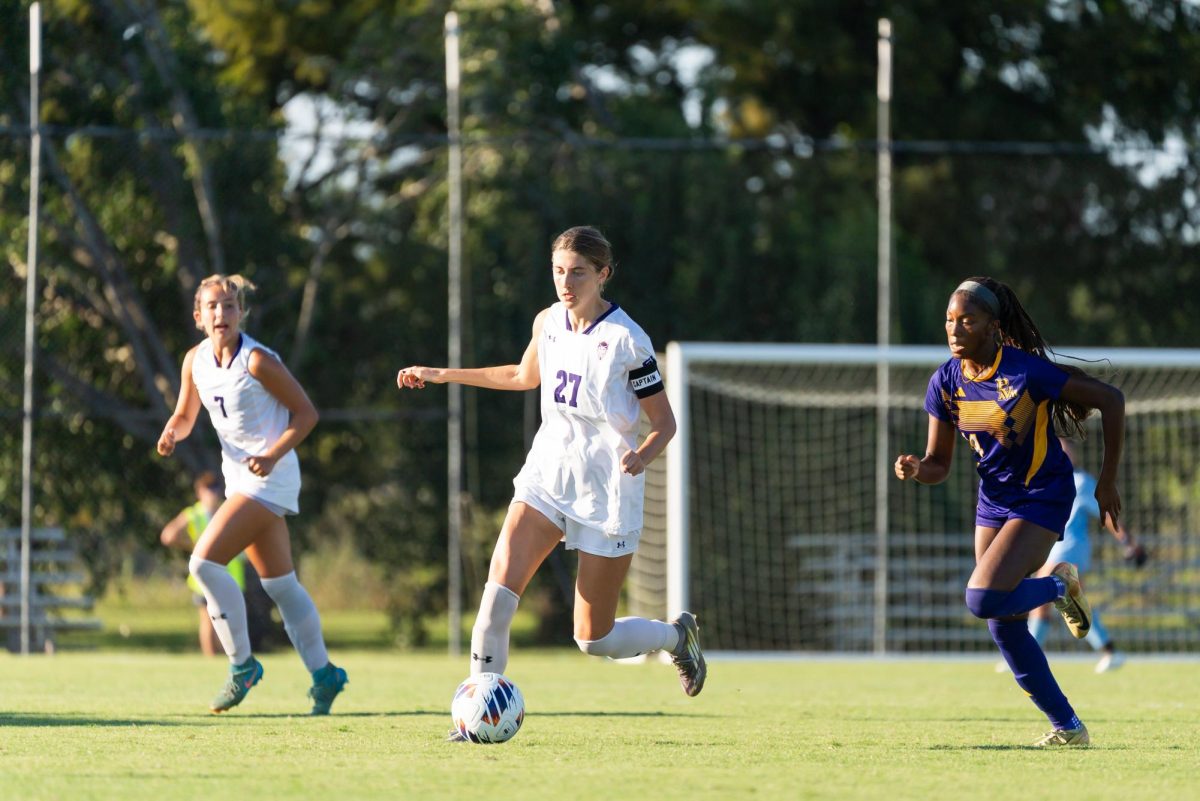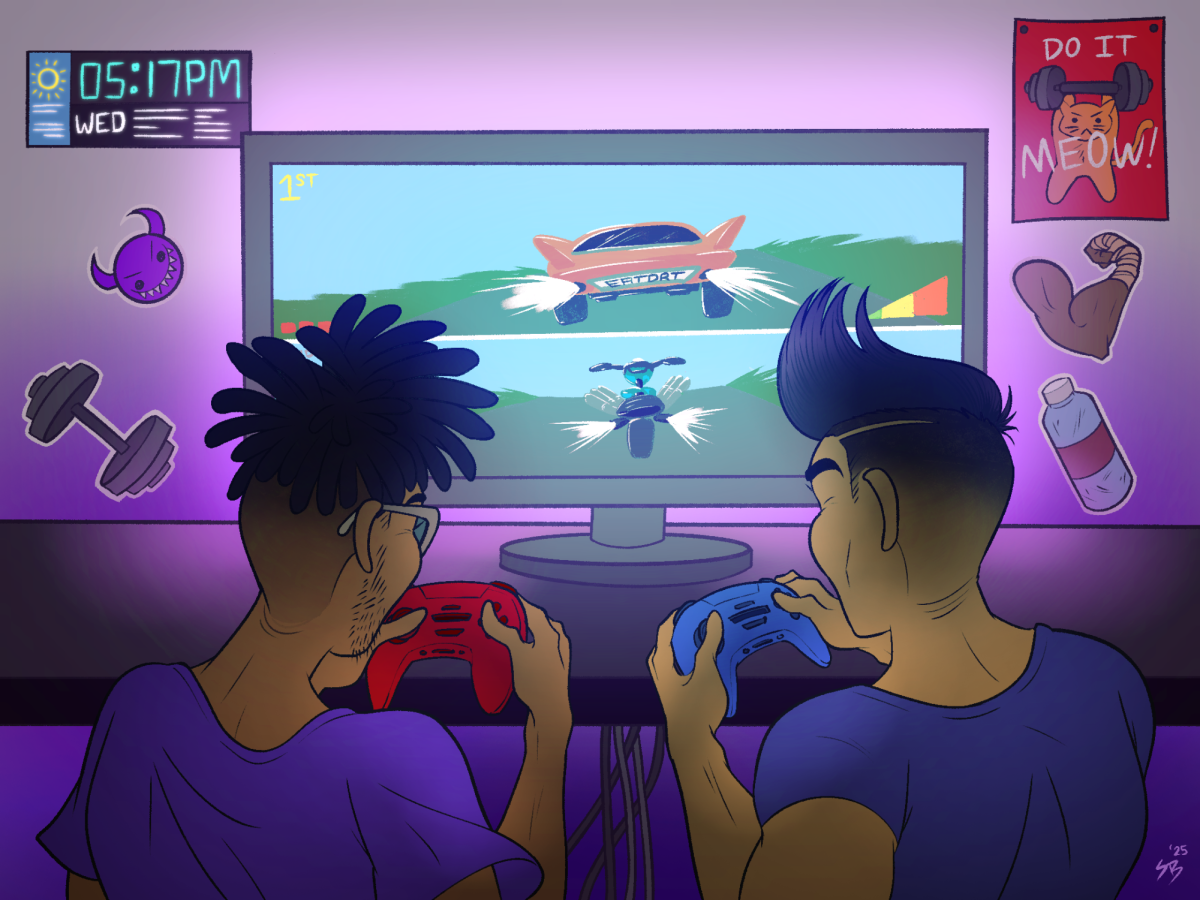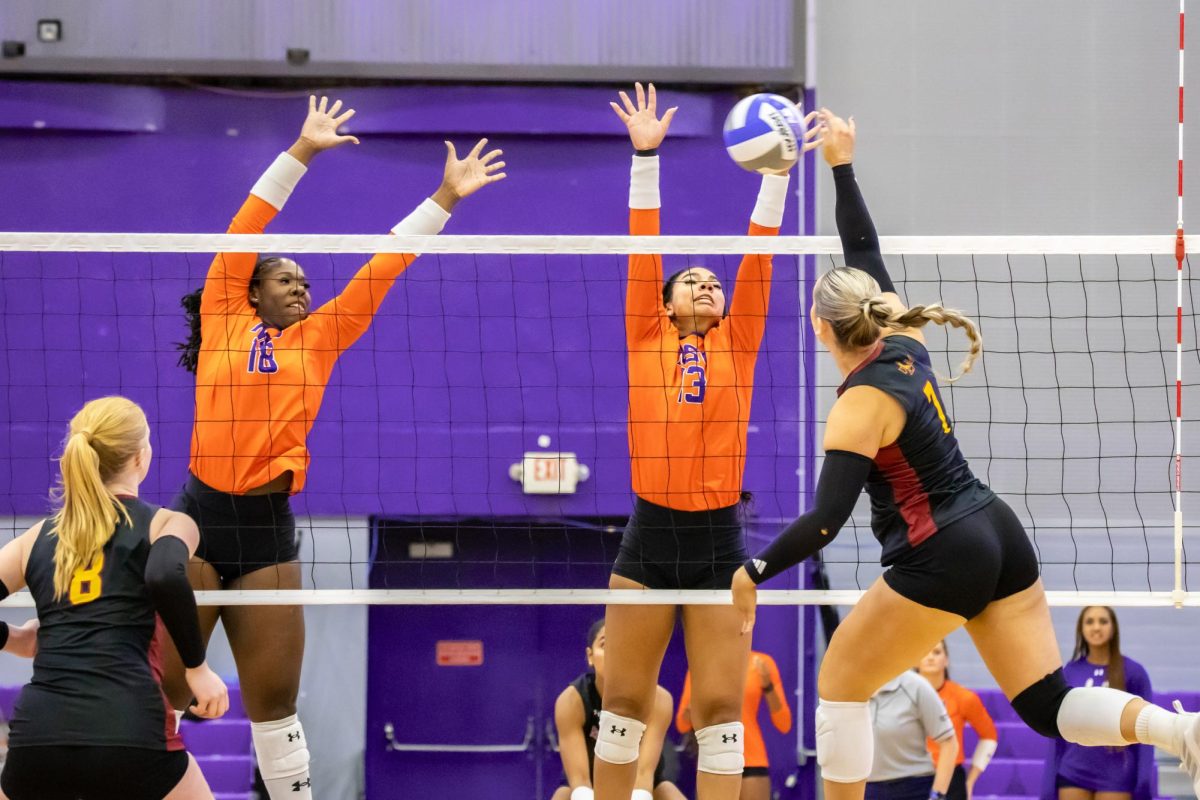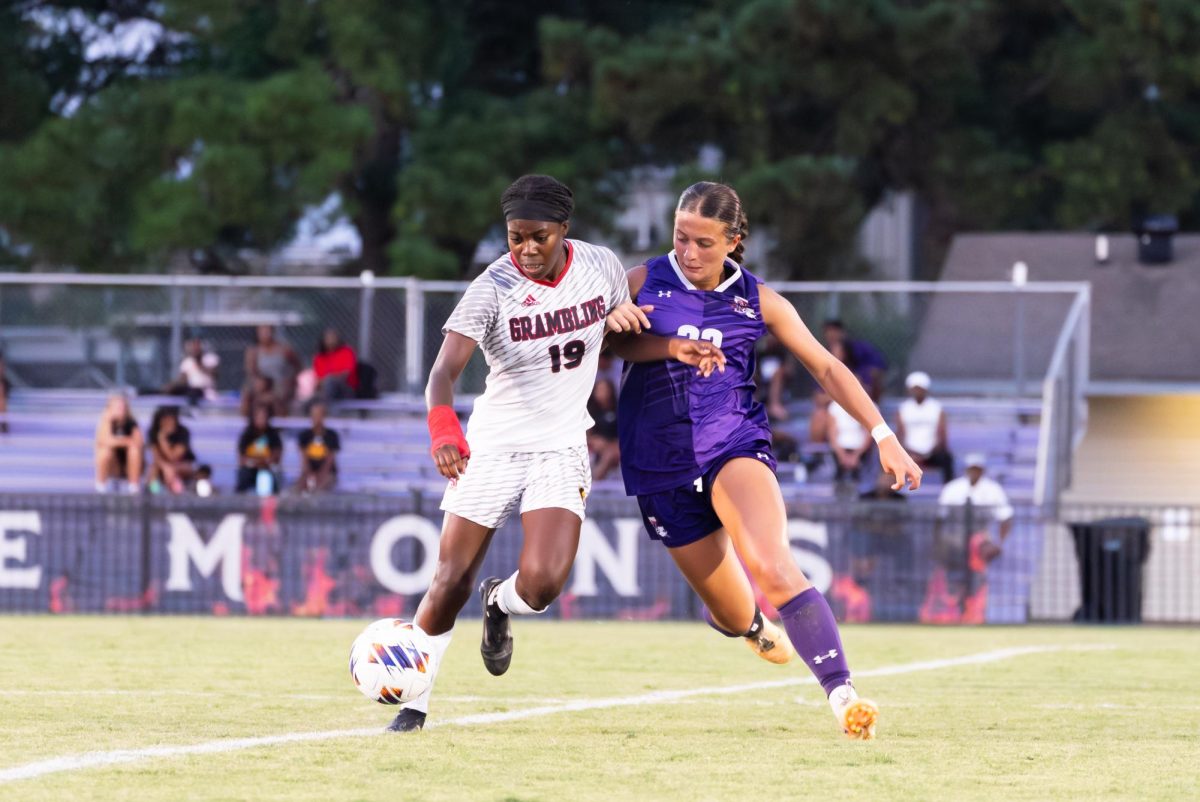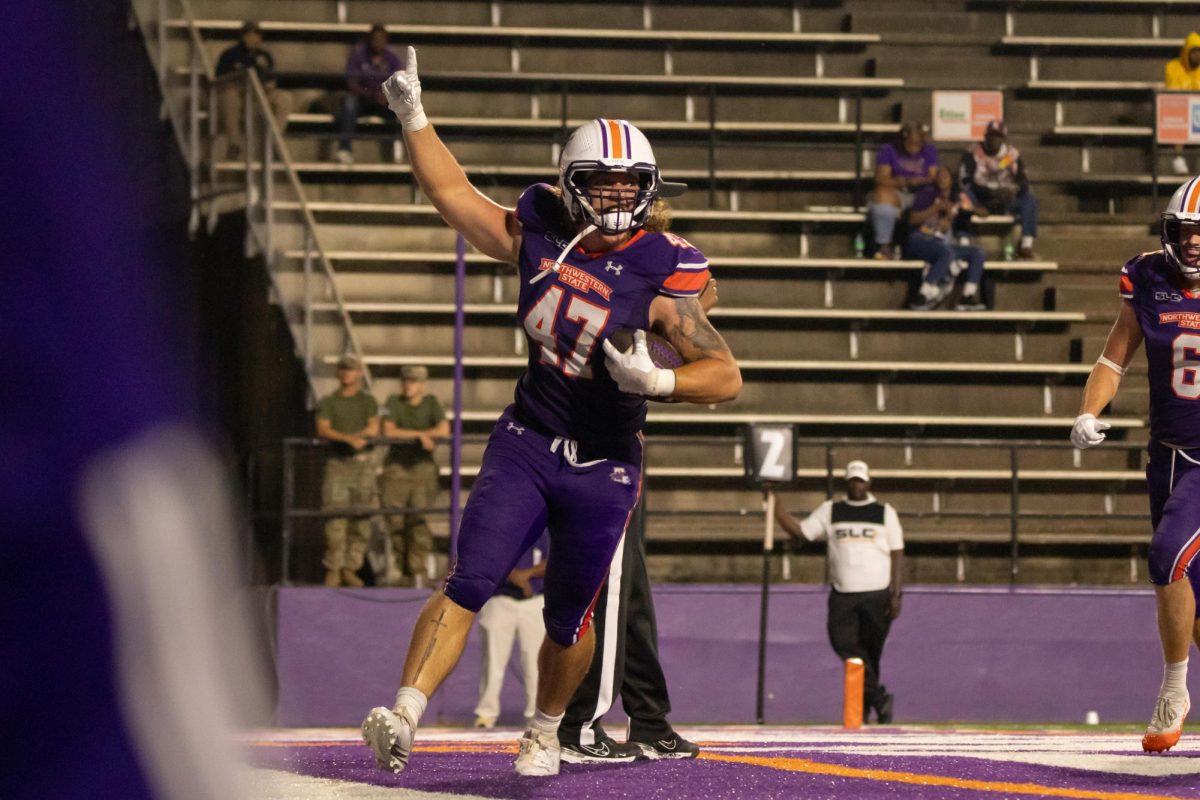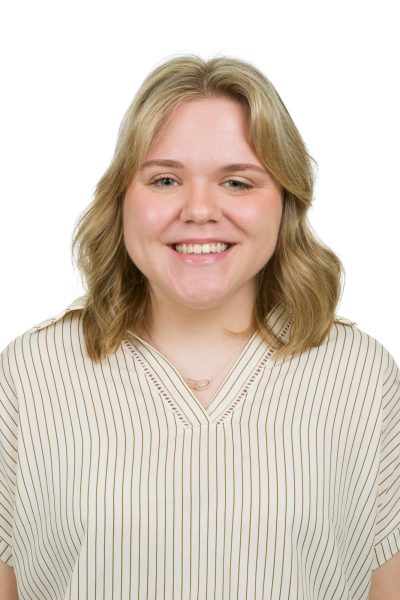Northwestern State University of Louisiana’s sports medicine department and staff provides student-athletes with quality healthcare to enhance their athletic performance and overall well being.
Kristina Overholt, assistant director of sports medicine and women’s soccer athletic trainer, emphasized the importance of the sports medicine staff and the impact it has on athletics.
“We provide the best opportunities and atmosphere for the student-athlete to return to play at the level of activity they had prior to injury. Our staff is committed to solving problems and concerns in a timely manner so the needs of our student-athletes and employees can continue to be met,” Overholt said.
Overholt graduated from James Madison University in Harrisonburg, Virginia, where she worked alongside a variety of different sports while in the sports medicine program. She then received her master’s degree from NSU and has worked with the Lady Demon’s soccer team ever since.
“While I mainly work with the women’s soccer team, here at NSU I am able to assist with several other sports on campus. This allows me to grow my skills in other areas in the field as well.”
Even though injuries among sports vary, being an athletic trainer for the women’s soccer team has given her a full experience in healthcare, Overholt explained.
“With soccer I see a lot more lower body injuries than upper body injuries,” Overholt said. “Knee and ankle injuries are common among several sports; however, other sports who rely more on upper body mechanics may see more shoulder or elbow injuries.”
Overholt noted experience means everything in the medical field.
“Students looking to get involved should take opportunities to observe or shadow an athletic trainer,” Overholt said. “Make sure it is the right fit for you, it can be demanding but it is rewarding to see an athlete through the entire process from initial injury to returning to the field.”
Kalevi Pajuluoma, assistant director of sports medicine and football athletic trainer, was introduced to the sports medicine field early on when he suffered injuries on the field as a multi-sport athlete who played rugby, football and baseball.
“I got injured a couple of times, so I would work around the athletic trainers a lot. We actually had a program since high school that I got into a little bit,” Pajuluoma said. “It was something that I loved at the time and I went into another profession right out of school and then I came back to it.”
He first started as a graduate assistant for men’s basketball at NSU and worked his way up to where he is today. He is currently working to get his master’s degree, and he serves as the football team’s athletic trainer.
From long hours with student-athletes to consulting coaches regarding injuries, the preparation the staff undergoes for games is very intense.
“On a daily basis, we’re already working long hours with the student-athletes. We’re doing treatments in the morning, they have training and weights and then they have treatments again where we tape them and get them ready for games or practice,” Pajuluoma said. “We also have to consult with coaches to discuss the players’ injuries.”
Emily Walker, track and field and cross country athletic trainer, was heavily involved in sports from a young age, which paved a way for her passion in healthcare.
She competed in soccer, cross-country and track and field throughout middle school and high school, but she wasn’t aware that being an athletic trainer was even a career option.
“Senior year of high school, I tore my ACL and had to have surgery. This is when I got to learn about athletic training and sports medicine as a profession,” Walker said. “I knew I wanted to work in a healthcare profession, and the ability to work with athletes before, during and after injury is what appealed to me the most about this career path.”
For Walker, being an athletic trainer at NSU has been a well-rounded learning experience.
“I am challenged to learn and grow every day while also getting to know my athletes and other members of this wonderful community,” Walker said. “Everyone is so supportive of the university and athletics. It really makes you feel like you are part of a big family.”
To become successful, anyone considering this field should invest time in themself and in their hobbies while being compassionate to themself and those around them to become successful, Walker said.
“Sometimes you can get so carried away taking care of everyone else around you, you forget to take care of yourself as well,” Walker said. “This goes for any healthcare profession, but being compassionate with yourself when you make mistakes is necessary so that you can grow and learn. Compassion with your athletes will also go a long way in helping them to trust and lean on you.”
The sports medicine program at NSU has provided opportunities to work hands-on with a lot of different medical professionals. Whether being in the operating room performing surgery or on the field assessing an injury, the staff provides care for student-athletes with compassion, support and perseverance.
Update 9/25 The photo for this article was updated for a recent picture.

